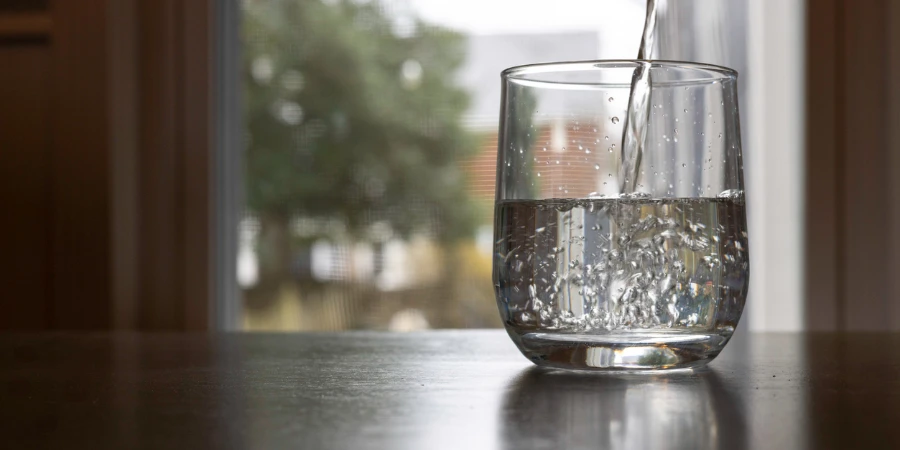In an era where water quality concerns are on the rise, whole house water filters have emerged as a beacon of hope for homeowners seeking purity in every drop. These sophisticated systems promise not only to enhance the taste and smell of your water but also to safeguard your health by removing contaminants. This comprehensive guide will navigate through the intricacies of whole house water filters, shedding light on their functionality, usage, costs, and top market options.
Table of Contents:
– What is a whole house water filter?
– How do whole house water filters work?
– How to use a whole house water filter
– How much does a whole house water filter cost?
– Top whole house water filters
What is a whole house water filter?

Whole house water filters, also known as point-of-entry (POE) systems, are designed to treat water at the point where it enters your home. This ensures that every water source, from your shower to your kitchen faucet, dispenses purified water. Unlike point-of-use (POU) filters that purify water at a single outlet, whole house filters provide a comprehensive solution for water treatment, addressing a wide array of contaminants including chlorine, sediment, and harmful microorganisms.
These systems come in various configurations, tailored to target specific water quality issues. From multi-stage filtration systems that combine sediment filters, activated carbon filters, and UV purification, to specialized media filters designed for hard water or high levels of iron, the versatility of whole house water filters allows for customized solutions to meet the unique needs of each household.
Investing in a whole house water filter not only contributes to the longevity of your plumbing and appliances by preventing scale buildup and corrosion but also enhances your overall well-being by providing access to clean, safe water for drinking, cooking, and bathing.
How do whole house water filters work?
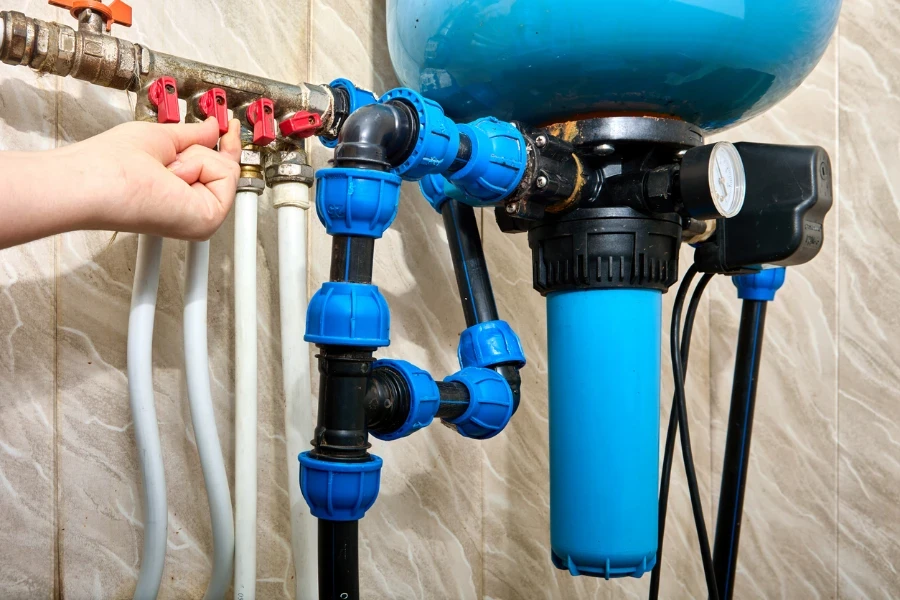
The operation of whole house water filters hinges on a series of filtration stages, each designed to remove specific types of contaminants. The first stage typically involves a sediment filter, which captures large particles such as dirt, rust, and sand. This initial filtration extends the lifespan of subsequent filters and prevents clogging.
Following the sediment filter, water usually passes through an activated carbon filter. Activated carbon is renowned for its ability to adsorb chemicals and impurities, including chlorine, pesticides, and industrial solvents, effectively improving the taste and odor of water. Some systems also incorporate a secondary carbon filter or a carbon block filter for enhanced contaminant removal.
Advanced whole house water filters may include additional treatment technologies such as reverse osmosis (RO), ion exchange, or ultraviolet (UV) purification. RO systems are particularly effective at removing dissolved inorganic contaminants, while ion exchange is ideal for softening hard water. UV purification adds an extra layer of protection by using ultraviolet light to neutralize bacteria, viruses, and other pathogens, ensuring microbiologically safe water.
How to use a whole house water filter
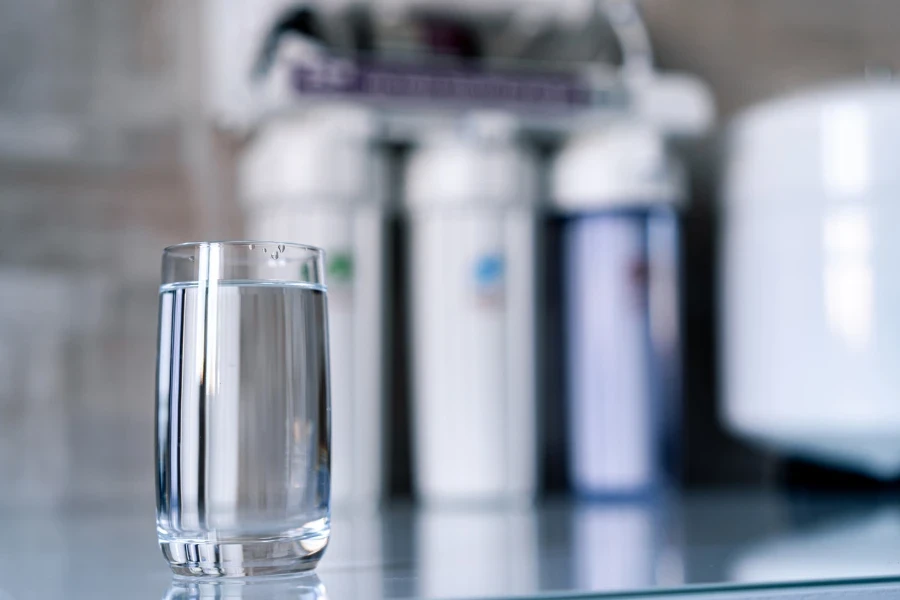
Installing a whole house water filter typically requires some level of plumbing knowledge, as it involves cutting into the main water line and fitting the system securely. Many homeowners opt for professional installation to ensure optimal performance and avoid potential issues. Once installed, using the system is relatively straightforward, with maintenance being the key to sustained efficiency.
Regularly replacing the filters according to the manufacturer’s recommendations is crucial. Sediment filters generally need to be changed every 2-6 months, while activated carbon filters can last 6-12 months, depending on water usage and the level of contaminants. Systems with RO membranes or UV lamps may have different maintenance schedules, usually requiring attention every 1-2 years.
Monitoring water pressure and flow rate can also indicate when maintenance is needed, as a significant drop may suggest a clogged filter. Additionally, some systems come equipped with smart technology, offering reminders and alerts for filter changes or system issues, further simplifying usage.
How much does a whole house water filter cost?
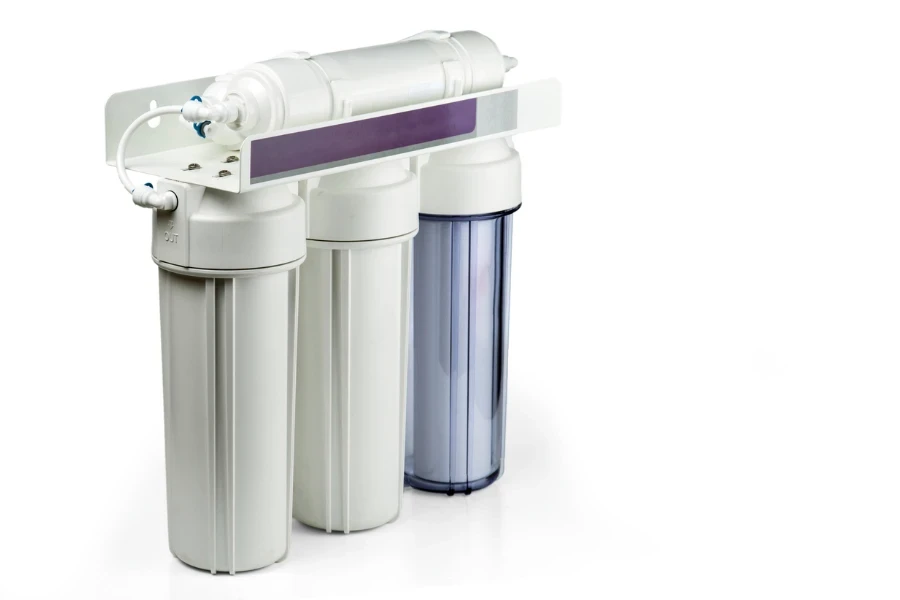
The cost of whole house water filters can vary widely, depending on the system’s complexity, capacity, and specific filtration technologies. Basic models that primarily focus on sediment and chlorine removal can start as low as $300-$600. In contrast, more advanced systems featuring multi-stage filtration, RO, or UV purification may range from $1,000 to $3,000 or more.
Installation costs should also be considered, as professional installation can add several hundred dollars to the total investment. However, the long-term benefits of improved water quality, protection of plumbing and appliances, and enhanced health and well-being can outweigh the initial expense.
Ongoing maintenance costs, including replacement filters and any necessary parts, should be factored into the overall cost of ownership. While these expenses can add up over time, many users find the convenience and peace of mind provided by a whole house water filter to be well worth the investment.
Top whole house water filters
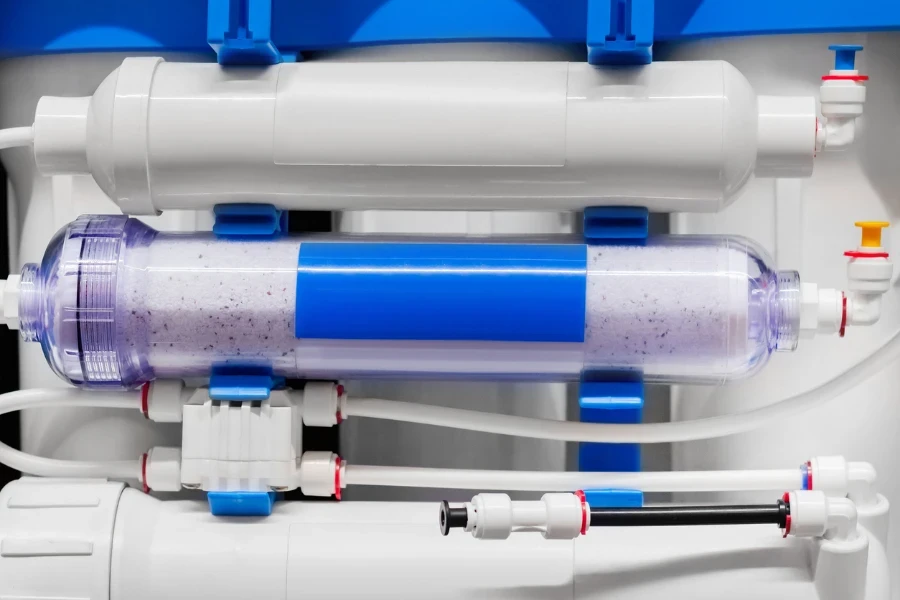
Identifying the best whole house water filter for your home depends on several factors, including water quality issues, household water consumption, and budget. Some of the top contenders in the market include:
- Aquasana Rhino: Renowned for its up to 1 million gallon capacity and multi-stage filtration, including UV purification, the Aquasana Rhino excels in reducing a wide range of contaminants.
- SpringWell CF1: Offering a high flow rate and innovative four-stage filtration, the SpringWell CF1 is designed for efficiency and performance, effectively addressing chlorine, sediment, and other common pollutants.
- Pelican Whole House Carbon Water Filtration System: This system stands out for its low maintenance and long-lasting filters, making it a cost-effective option for reducing chlorine, chemicals, and sediment.
- iSpring WGB32B: Known for its 3-stage filtration system and high capacity, the iSpring WGB32B is a popular choice for those seeking effective contaminant removal without breaking the bank.
- Home Master HMF3SDGFEC: With its focus on iron, manganese, and sulfur reduction, this system is particularly suited for well water users, offering clean, clear water with minimal maintenance.
Conclusion:
Whole house water filters represent a significant advancement in residential water treatment, providing a comprehensive solution for ensuring clean, safe water throughout your home. By understanding how these systems work, their usage, costs, and the top options available, homeowners can make informed decisions that align with their specific needs and preferences. Investing in a whole house water filter is not only a step towards improved water quality but also a commitment to the health and well-being of your household.
